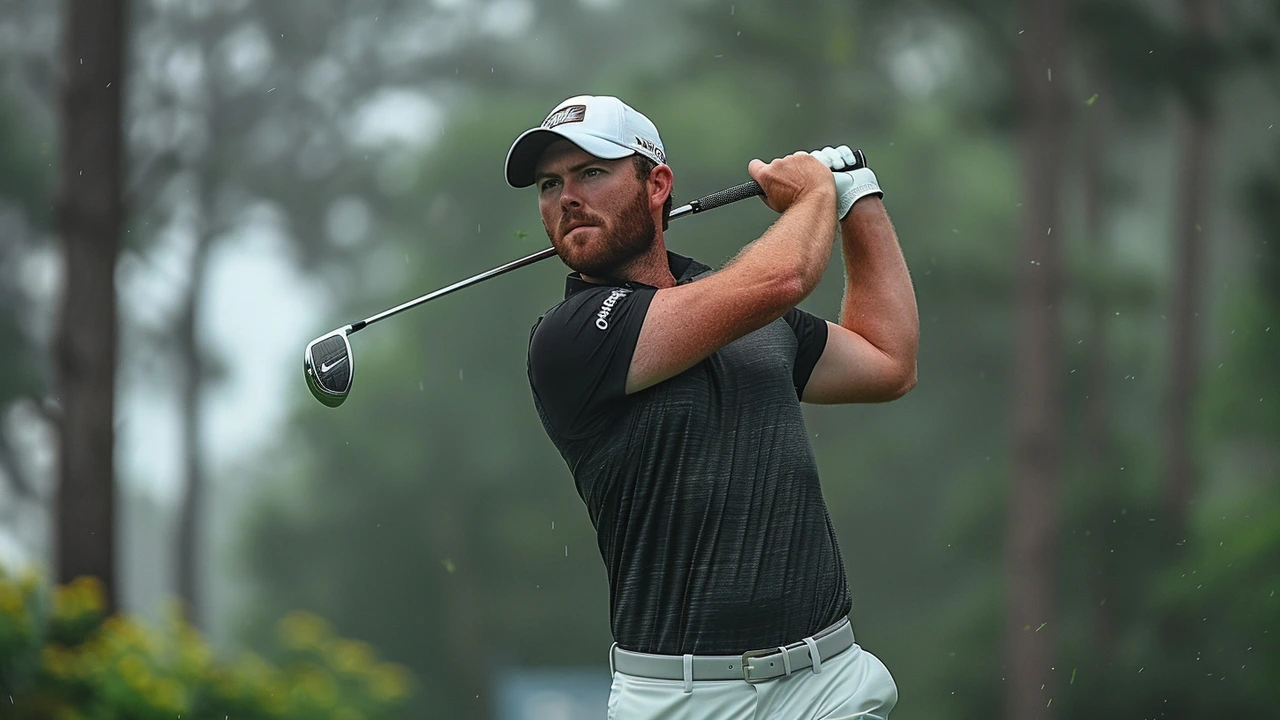Mental Health: Practical Advice, Warning Signs, and Where to Get Help
Feeling overwhelmed, low, or anxious doesn’t mean you’re weak. Mental health affects how you think, feel, and act — and it’s just as real as physical health. This page gives simple, practical steps you can use today, signs to watch for, and clear next steps for finding help in your community.
Quick, practical steps you can use now
Breathe and slow down: try box breathing — inhale for 4, hold 4, exhale 4, hold 4 — repeat a few times to calm your body. Move a little: a 10–20 minute walk or stretching session can break a tense loop and lift your mood. Sleep matters: aim for a regular bedtime and wake time; cut screens an hour before sleep. Eat regular meals: low energy and mood swings often follow skipped meals.
Talk to someone you trust: say, “I’m not okay right now” and share one clear feeling. Small confessions open the door to support. Limit news and social feeds if they trigger stress — set a 20-minute news window each day instead of constant scrolling. Try a simple routine: write three tasks for the day — small wins add up. Use free grounding tools: name five things you can see, four you can touch, three you can hear, two you can smell, one you can taste to anchor yourself in the moment.
If you want structured help, look for short practical programs like cognitive-behavioural techniques (CBT) exercises online or guided mental wellbeing apps. Many clinics and community centres now offer low-cost group sessions that teach these skills.
When to seek professional help
Get help if low mood, anxiety, or stress lasts more than two weeks and affects work, relationships, sleep, or appetite. Seek urgent care if you have thoughts of harming yourself, feel unable to stop dangerous behaviour, or experience severe panic that won’t ease. Also reach out when substance use is growing or you can’t manage daily tasks.
Start with a local primary clinic, community health worker, or the nearest hospital. They can assess you and refer you to a counsellor, psychologist, or psychiatrist. If private care is needed, ask about sliding-scale fees or telephone/online counselling options — many therapists now offer remote sessions that are easier to access.
Friends and family can help you find a provider: ask for recommendations, check local NGOs, or search for national mental health helplines. If you’re in immediate danger, contact your local emergency services right away.
Want ongoing tips? Bookmark this tag to see news, personal stories, and resources as we update them. Mental health care gets easier when we share what works and where to find help — small steps today can make a big difference tomorrow.

